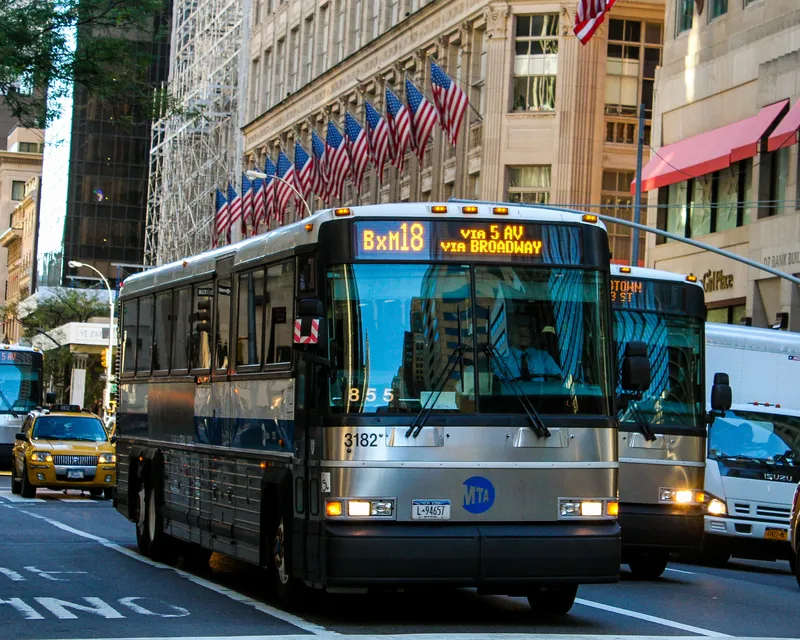TransCore has been helping New York City’s Department of Transportation (NYDOT) with its ITS efforts since the early 1980s, via various consultancy services contracts. The company is currently working for the city under an IDIQ (indefinite quantity) contract and a separate ITS maintenance contract. According to TransCore vice president Bob Rausch, who has witnessed much of New York’s ITS development, the three main ‘building blocks’ of the city’s ITS infrastructure have developed simultaneously over recent
February 28, 2013
Read time: 3 mins

TransCore has been helping New York City’s Department of Transportation (NYDOT) with its ITS efforts since the early 1980s, via various consultancy services contracts. The company is currently working for the city under an IDIQ (indefinite quantity) contract and a separate ITS maintenance contract.
According toThe city’s Traffic Management Centre in Queens is undoubtedly a key part of the operation. NYCDOT’s operations staff are based there, with the software systems for monitoring and managing the city’s streets; and sharing the facility with the New York City Joint Traffic Management Centre.
The NYCWiN wireless network is also a vital development of recent times. This has provided a massive uplift in connectivity and capability for the city. It has also allowed NYCDOT to break away from old reliances on twisted pair cable connections, which have increased considerably in price in recent times.
“The costs rose from something like $80 per pair to circa $130, which meant looking for an alternative,” says Rausch. “At that point it’s a case of either dealing with a phone company, putting cables in yourself, or doing something else entirely.”
The last option is the one New York went for, with TransCore putting out an RFP (request for proposal) for a city-wide network for data services. The result was the NYCWiN with TransCore working with the winning supplier
However, it is New York’s advanced solid state traffic controllers (ASTCs) that Rausch repeatedly comes back to as the “key platform”.
The ASTCs, supplied by
The city has procured around 10,000 of these units so far and is expected to have them at all 12,000 of its intersections in due course.
“The controllers support interval and phase-based operation and give one heck of a lot of computational capability in the field,” Rausch says.
“All of the building blocks are parallel efforts, all parts of an overall plan,” he continues. “The controllers, for instance, are a key part of the overall effort because without these, there would be little we could do for advancing traffic control in the city.”
Procurement of the ASTCs has been done gradually, in phases numbering several thousand units at a time, which has helped NYCDOT secure a very good price, says Rausch. The phased introduction has also necessitated recognition of legacy systems and the need for compatibility with older controllers.
“The game plan included transitioning,” Rausch says. This has included feeding back to NTCIP working groups details on the systems running the city’s Midtown in Motion project, because these standards previously did not support the concept of adaptive control. “Nothing here is secretive or proprietary. Bidding for software and installations is open,” Rausch adds.
“New York has done some very advanced things, but the greatest challenge is perhaps dealing with the implications of the magnitude of the overall system. With 12,000 intersections it is not unusual to have 30 to 50 fail in one day for whatever reason. The big challenge is keeping the system running. Operators have to be given the tools to be responsive in troubleshooting problems.”









